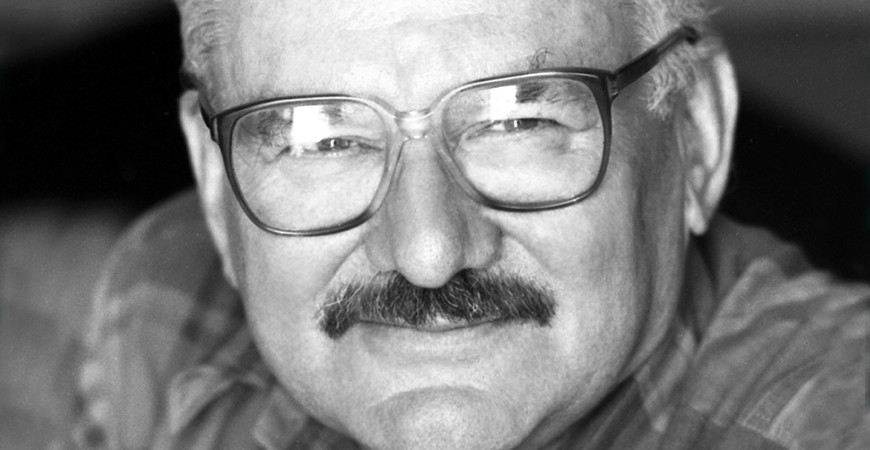
29 November 2020, 19.30-22.00
Grand Hall
Emil Petrovics 90
Time change
Petrovics: Vörösmarty – Overture, Op. 41
Petrovics: Piano Concerto, Op. 46
INTERMISSION
Petrovics: Cantata No. 1 (Alone in the Forest), Op. 4
Petrovics: Symphony No. 2, Op. 48
Anna Subedi (soprano)
Ádám Balogh (piano)
Kodály Philharmonics Debrecen
Conductor: Zsolt Hamar
“I am not prepared to force myself: I am looking for what is truly me. Music heard in the world only serves to reinforce my determination: with courage and without torturing myself with any feeling of inferiority, I confess I would occasionally like to write common chords in a major key in 4/4 time. […] What is important is that I write what I hear and what I think about music,” Emil Petrovics responded once to a question on artistic standpoint put by Bálint András Varga. The frequently cited quote is a precise characterization of Petrovics’s creative personality. Over the course of his career as a composer, he has blended technical solutions from the past 200 years of music history with a kind of classical sense of proportion and craftsmanship. He worked with a professional identity and bequeathed a remarkable consistent oeuvre, as witnessed by this concert programme spanning the years from the first cantata (1956) through the 1993 Vörösmarty overture and the Piano Concerto of six years later right up to the second symphony completed in 2001.
Presented by
Kodály Philharmonic Debrecen, Liszt Academy Concert Centre
Tickets:
HUF 1 500, 2 000, 2 500


